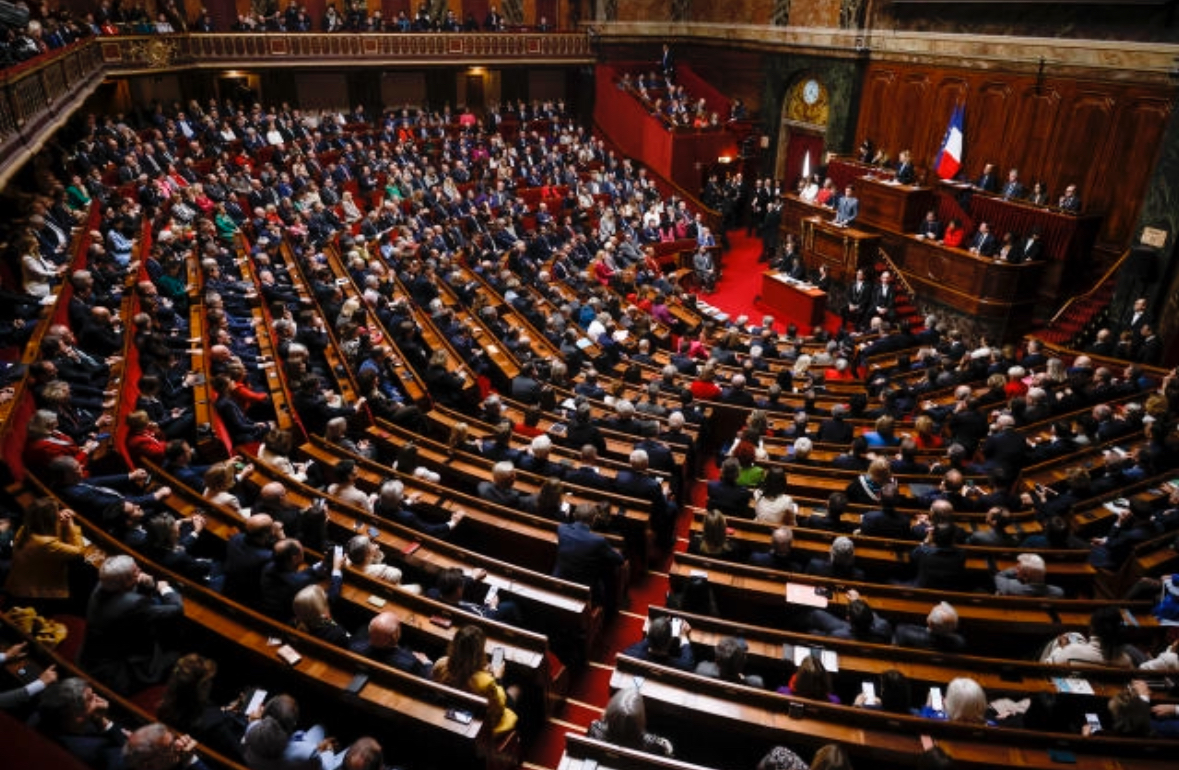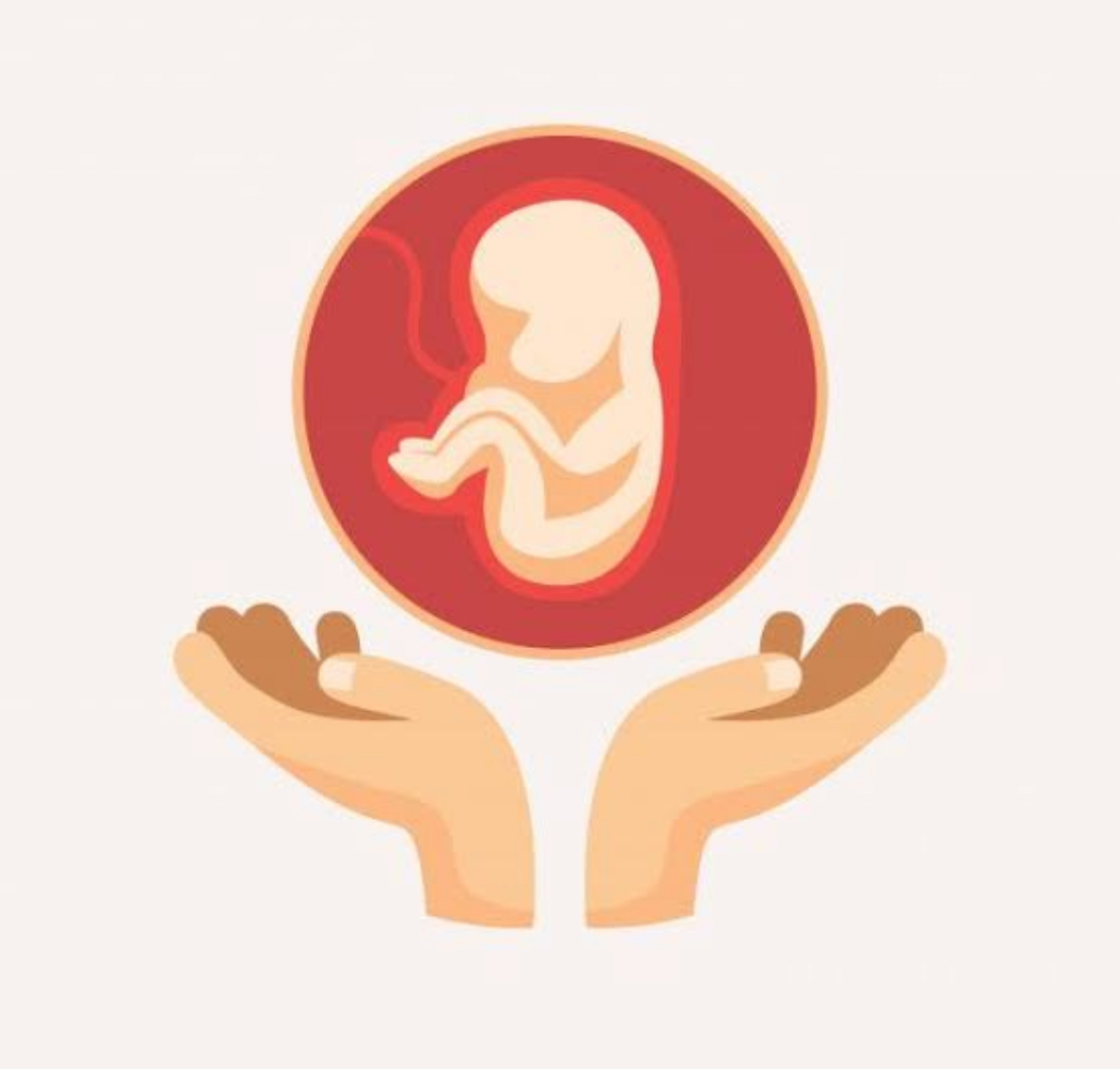The French constitution has a provision that guarantees the right to an abortion, making them the only country in the world to do so. The loss of abortion rights in other nations, especially the US, prompted this action. The French Constitution's protection of access to abortion sets a significant precedent for reproductive rights worldwide.

Differentiating UK Abortion Laws
The UK continues to criminalise abortion as per 1861 legislation, which is in stark contrast to France. Six cases in the last 18 months alone show how often women are being prosecuted for seeking abortions as a result of this antiquated policy. The United Kingdom's legal system imposes considerable obstacles on women seeking abortions and puts them at risk of jail time if they choose to end their pregnancy.
England and Wales' Legal Abortion Environment
The Offences Against the Persons Act of 1861 makes abortion illegal outside of these restrictions, even though the Abortion Act of 1967 permits legal abortions under certain conditions, such as threats to the woman's health or foetal abnormalities. The fact that women in England and Wales run the risk of spending their lives in prison if they obtain illegal abortions demonstrates the harsh consequences of strict abortion regulations.

Obstacles and Barriers to Accessing Abortion
In England and Wales, the final say on whether to allow an abortion rests with the doctors, who can decide whether the procedure is necessary based on potential health hazards. This system restricts the ability of nurses and other medical workers to provide care for abortions. Strict laws governing gestational age restrictions and abortion medicines further impede women's access to safe and authorised abortions.
The Effect of Prosecutions on Females
There are worries that women seeking reproductive healthcare may become criminals in light of the recent rise in prosecutions for illegal abortions in the UK. These legal measures have far-reaching effects for women's families, including the removal of their children from care, and they also pose a threat to women's autonomy. The punitive measures imposed on women who sought abortions have caused outrage and calls for legislative reform.

UK Advocacy for Abortion Rights
Women's reproductive rights should be expanded, and abortion should not be criminalised, according to UK organisations and activists. There is growing support behind attempts to change current legislation so that women cannot be prosecuted for abortions performed after the 24-week mark. Legislative reform efforts are a reflection of a larger cultural movement in favour of women's autonomy to select and obtain safe abortion services.
Prospects for Abortion Law in the UK in the Future
Abortion laws in the UK are in dire need of reform, and one important first step in that direction is the planned modification to the Criminal Justice Act, which would stop women from being prosecuted for late-term abortions. Though there's hope that this amendment will succeed, it's still unclear what will happen. Significant legal reforms are necessary to ensure women's reproductive autonomy and access to healthcare, as the ongoing debate over abortion rights in the UK demonstrates.

In conclusion
The fact that France and the UK have different opinions on abortion rights demonstrates how many nations have different laws governing reproductive health care. In France, the right to an abortion has been better protected, but in the UK, women still can't get abortions because of strict laws. UK lawmakers are under more and more pressure to update their antiquated abortion laws and protect women's reproductive rights. This is clear from the ongoing lobbying efforts and suggested changes to the law. As the abortion rights discussion continues, it is important to ensure that women have the freedom to make their own decisions, have access to good health care, and have their reproductive rights protected as basic human rights.
Image Source: Multiple Agencies
(Inputs from agencies)
© Copyright 2024. All Rights Reserved Powered by Vygr Media.
























